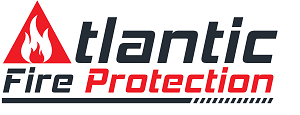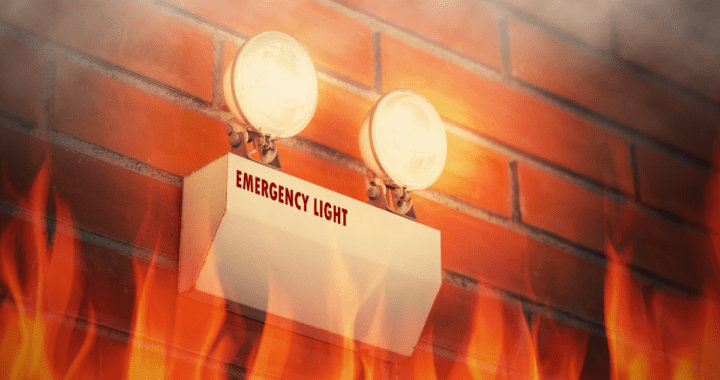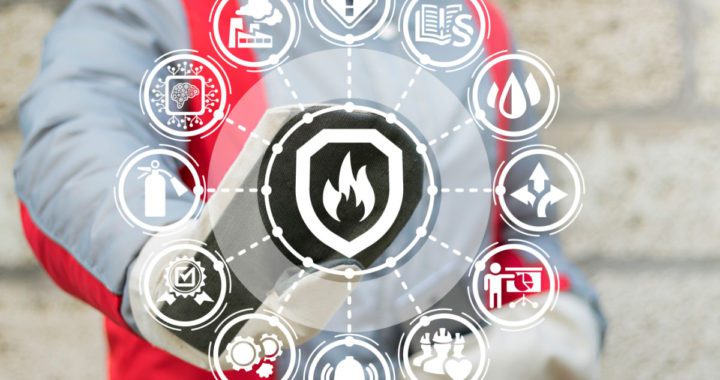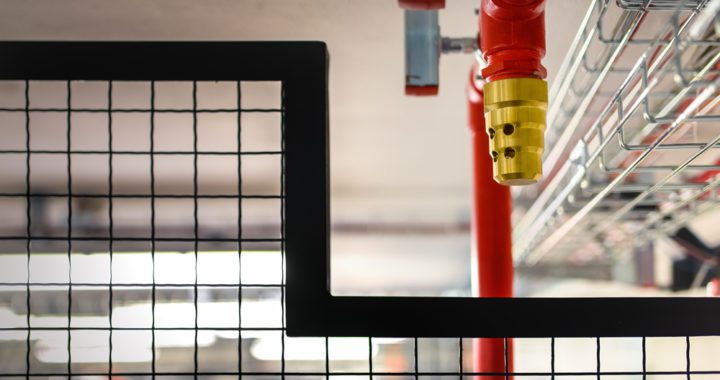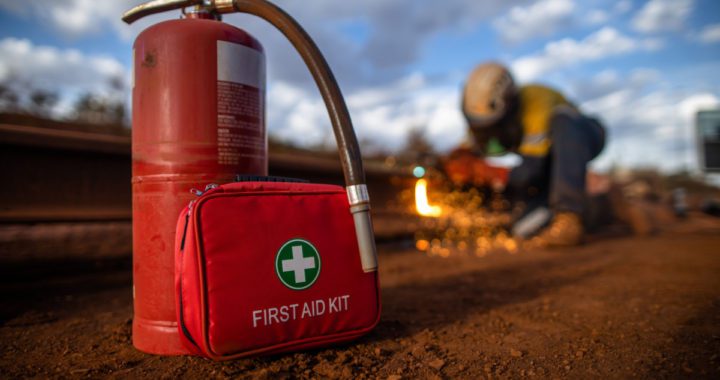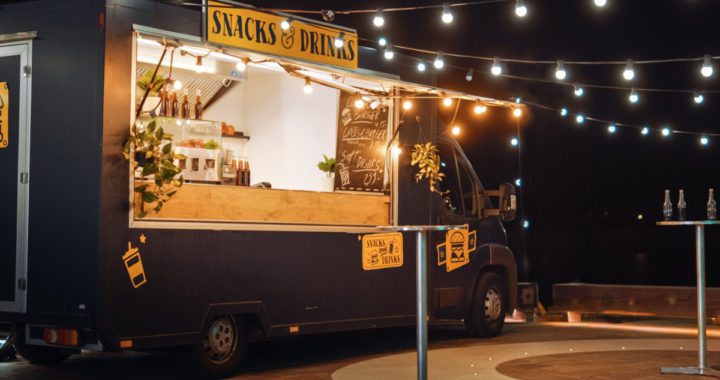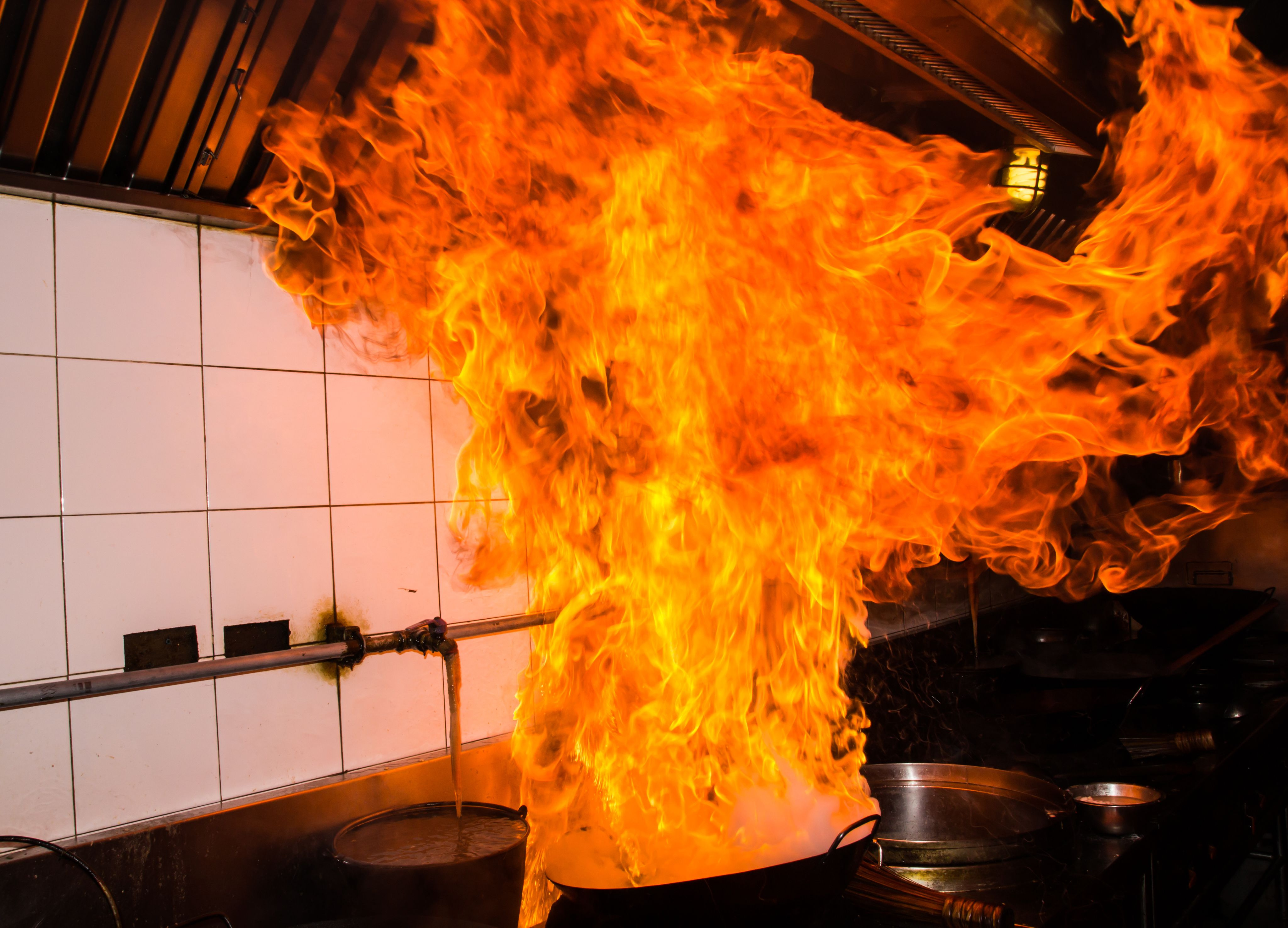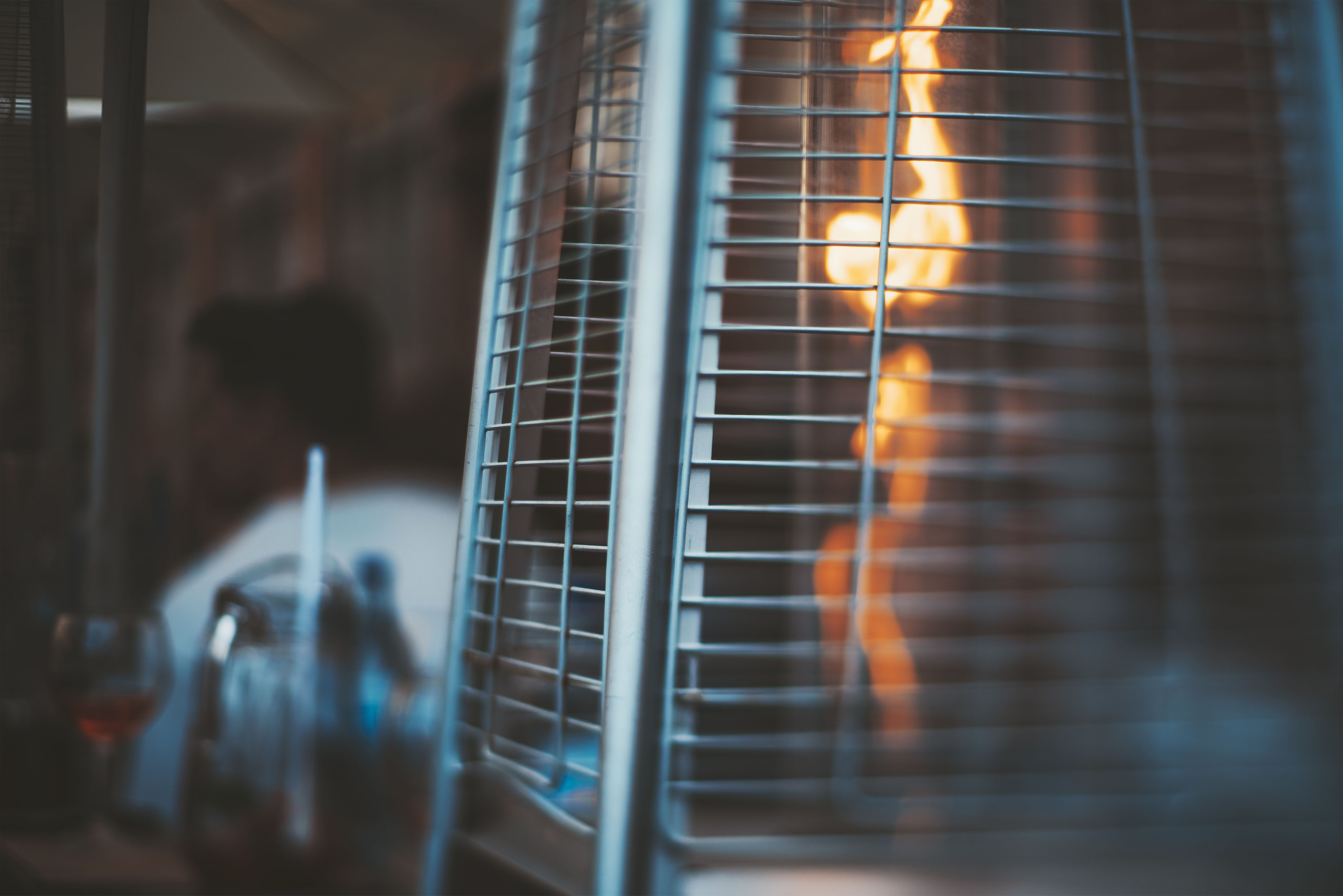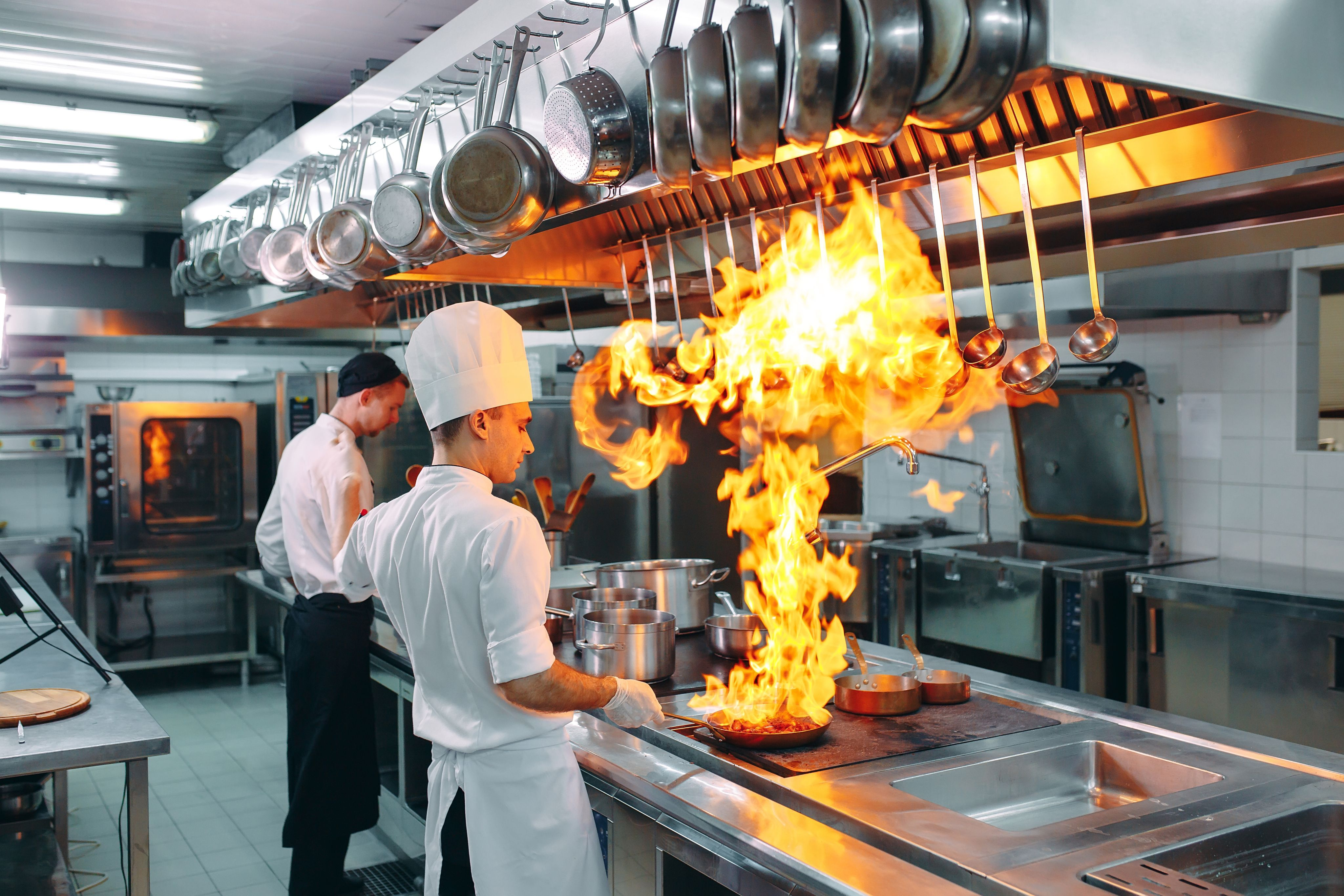Few things are as essential and overlooked as functional emergency lighting. A fully operational emergency lighting system can be the difference between a swift, orderly evacuation and a potentially disastrous situation. But what happens when your emergency lighting isn’t working?
Stay a step ahead of emergency light problems is possible with professional help. By investing in professional emergency light inspections in NJ, you can find and fix issues before they jeopardize the safety of your business.
Keep reading to learn about possible causes of emergency light failure.
Faulty Charging Systems
One key factor contributing to emergency light failure is malfunctioning charging systems. The charging system is essential because it prepares the battery for potential power outages. This ensures the emergency lights are ready to activate when needed.
When the charging system is faulty, it may fail to charge the battery sufficiently. This could mean that in an emergency, the lights may not work or may only work for a short duration, both potentially dangerous scenarios.
Regular professional emergency light inspections in NJ can help you identify and rectify any charging system issues.
Battery Issues
A failed or deteriorated battery is another common reason emergency lights may not activate. The battery is the backbone of the emergency light system, supplying the necessary power to illuminate the lights in the event of a power outage. Over time, batteries can wear out or fail for several reasons, such as age, faulty wiring, or exposure to extreme temperatures.
When a battery fails, it cannot supply power, so the lights will not activate during an emergency. During an emergency light inspection, professionals will test the battery backup. If the light doesn’t work on the battery backup, professionals will replace it. This can help you avoid dangerous situations in the future.
Lamp or Bulb Failures
Another component that can contribute to emergency light failure is burnt-out lamps or bulbs. The lamps or bulbs are the visible part of the emergency light system. They provide the necessary illumination during a power outage. Like any other light source, these lamps or bulbs have a certain lifespan and may burn out over time due to prolonged use or other factors such as power surges.
If the lamps or bulbs are burnt out, the emergency lights will not function, even if the battery and charging system are working correctly. With the help of an emergency light inspection in NJ, you can find and replace damaged bulbs.
Incorrect Installation
If emergency lights are not installed correctly, they may not operate as designed. This could include many issues, such as improper wiring, incorrect positioning, or failure to follow the manufacturer’s instructions during installation. The best way to avoid these problems is by hiring professionals to install your emergency lights.
Need An Emergency Light Inspection in NJ?
Do you want to catch the problems covered in this blog early on? If so, hire our company to perform an emergency light inspection in NJ!
